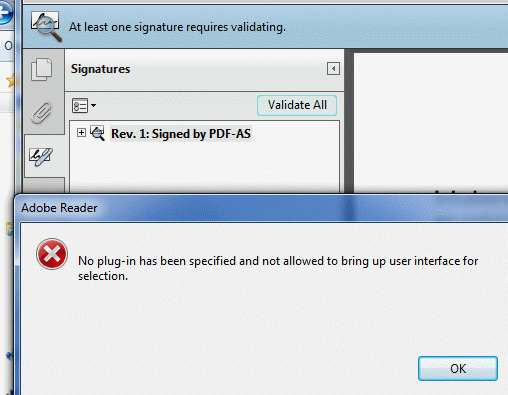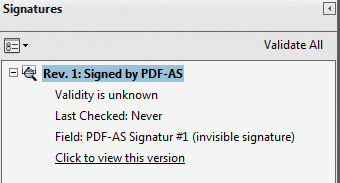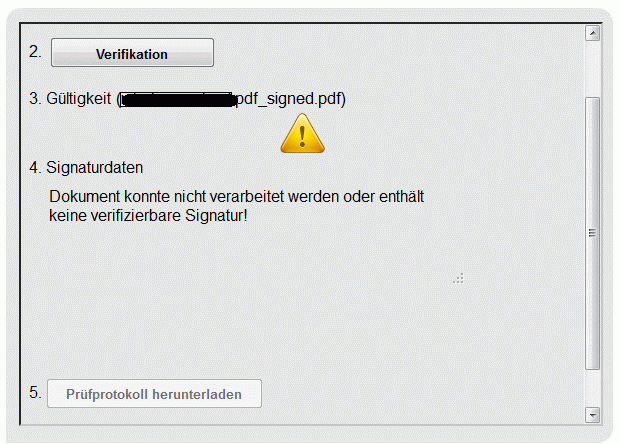For this week’s flight from Paris CDG to Vienna I used the Web-Checkin. This is the boarding-pass I got from them:
All nice and fine, but one important detail is missing: Which terminal?
Aktuell wird mal wieder viel über das Urheberrecht und die armen Künstler gesprochen. Die Piratenpartei feiert Wahlerfolge und die Gegenseite formiert sich auch.
Ich hab in einem Online-Forum Kommentare dazu geschrieben, hier die kurze Zusammenfassung:
Die Menschen fühlen sich aktuell von der Content / IP – Industrie massiv verarscht. Der kleine Schaffende, der jetzt unter die Räder kommt, ist nicht schuld dran.
Wenn man sich ein bisschen in die Thematik eingelesen hat, und die Exzesse der IP-Industrie sieht, dann ist es mit der Sympathie für diese Leute schlicht vorbei. Beispiele:
So ganz einseitig und einfach ist aber aber auch nicht, ich empfehle den Piraten mal die Lektüre von Charlie Stross’ Common Misconceptions About Publishing.
Weiters:
Der normale Bürger da draußen, der sich sein Brot in der freien Wirtschaft verdient, fühlt sich ernsthaft verarscht, wenn er von den Künstler ein “Ich brauche die Festplattenabgabe, weil sonst kann ich nicht mehr von meiner Kunst leben!” hört.
Das “ich kann nicht davon leben, was ich gern machen / gelernt habe” ist leider eine Sache, die viele trifft. Vom Greißler über den Cafe-Besitzer bis hin zur Historikerin. Ganze Scharen von arbeitslosen Akademikern haben genau das Problem.
Ja, Diebstahl ist ein Problem. Aber ein vorbeiproduzieren an dem, was (und wie) die Leute denn kaufen würden ist es ebenfalls. Und falls die Kunst meint, es kann ihr egal sein, ob sie was macht das der Markt haben will, dann ist das Liebhaberei und ein Hobby. Aber keine Berechtigung, davon Leben können zu müssen.
Die Gesellschaft als Ganze mag entscheiden, dass man sich Kunst leisten will. Dann sind wir wieder in der Subventions/Almosen/… Schiene, die manchen Künstlern so aufstößt.
Aber:
Der Kern der Problems ist meiner Meinung nach was ziemlich Böses: Die Industrie hat sich daraus entwickelt, dass das Duplizieren von Information (inc. Musik und Filmen) ein technisch anspruchsvolles und daher teuer zu lösendes Problem war. Die Studios, Verlage, … haben eine Lösung für einen Mangel verkauft.
Das hat sich jetzt massiv verändert: Das technische Problem existiert nicht mehr. Der Mangel ist weg. Und es gibt in vielen Bereichen einen massiven Überfluss an Inhalten. Die alten Methoden können in diesem Szenario nicht mehr funktionieren. Ein Beharren darauf kann es nicht sein.
Ein “jeder kann alles und immer ohne jegliche Vergütung kopieren” wird auch kaum die Lösung sein.
Interesting Times. Ich seh keine simple Lösung für das Problem. (und ja, das ist eines)
Addendum (10.5.2012): Auch Meldungen wir diese erhöhen nicht das Verständnis der Bevölkerung für die Forderungen der Musikindustrie.
Ein Bravo-Artikel aus 1977: “Hits zum Nulltarif“.
Under Spiegel aus dem gleichen Jahr: “Klang-Supermarkt zum Nulltarif”
Hat die Musikindustrie eigentlich in den letzten 35 Jahren irgendwas dazugelernt?
Actually, I like Secunia’s PSI: it makes keeping a Windows PC up-to-date a lot easier.
But today it failed:
Notice how it says in green 100%, but Firefox and IE were still using the vulnerable version.
Maybe it got confused by Chrome’s autoupdate which ran in parallel.
A re-scan make PSI aware of the problem, but the autoup-date failed again.
Heute hat mich ein Kollege zu einem signiertem PDF befragt: Ist das korrekt und qualifiziert unterschrieben?
Sind wir mal naiv und öffnen es mit Acrobat X. Ja, ist signiert, kann das aber nicht überprüfen. A-Trust tools sind installiert; ein update auf den aktuellen download von a-trust ändert nichts dran, dass ich von dem Teil nur Fehlermeldungen bekomme.


Ok, gut, wozu gibt es einen Online-PDF checker unter https://www.a-trust.at/pdfverify/. Nix da:

Nur gut, dass die RTR bessere Arbeit abliefert: Der Online-Validierer unter https://pruefung.signatur.rtr.at/ funktioniert.
I finally bit he bullet and upgraded to Reader 10.x to get the security benefits of the sandbox.
But:
See also this thread in the Adobe forums.
Way to go, Adobe. Do you really think pissing of customers, especially security professionals is good company policy?
I’ve been on two business trips over the last weeks and I noticed the following:
Barcelona: Express Bus service from the Airport to the city center every 5-10 minutes.
Stockholm: Arlanda Express every 15 minutes.
Vienna: CAT every 30 minutes.
I do see some potential for improvements here for Vienna.
Last year, we had troubles getting spares delivered via UPS.
This year I ordered a book from Blurb and FedEx was the carrier. This time, it was addressed to my flat in Vienna. The tracking info sounded all right, up to the first missed delivery. They were definitely trying as the delivery guy left a note on my mailbox.
I filled out the note (yes, delivery to any neighbor is ok) and put it back. Eight days later, it is still there, and the tracking page lists a number of tries:
We were at home. I never left my flat 24th – 26th. And the last two days we had sick kids at home.
Why can’t these companies be honest and admit that they failed to come?
Folks, this one is so simple:
Whenever I have a batch of photos converted from jpeg to paper by any random online photo print service, they print some information on the back. Usually that includes the current date, perhaps the filename, order-ID, or some other information the shop needs to keep track of its print-jobs.
I have the following suggestion: Print the date from the EXIF header on the back. 20 years from now, I won’t care at all when the print was made, all I care will be when the photo was taken.
(Any additional information from the EXIF header would also be appreciated, but the date is the one thing that is simple and really needed.)
A few times I used the work-around of using “stamp 2.8” to encode the date into the filename and get it printed on the back of the photo, but that’s really a crude kludge.
This is more of a memo to myself than anything else:
The solution is here:
1) Make a static playlist called “All Live Files†and copy your entire library into it.
2) Make a smart playlist called “Missing Files†with the rules set as †‘Playlist’ ‘is’ ‘Music’ †and another rule set as †‘Playlist’ ‘is not’ ‘All Live Files’ â€
3) Select all songs from “Missing Files”; they should all be flagged with a “!”, then use shift-DEL to remove them from your library
Worked with iTunes 10.1 under Windows just now.